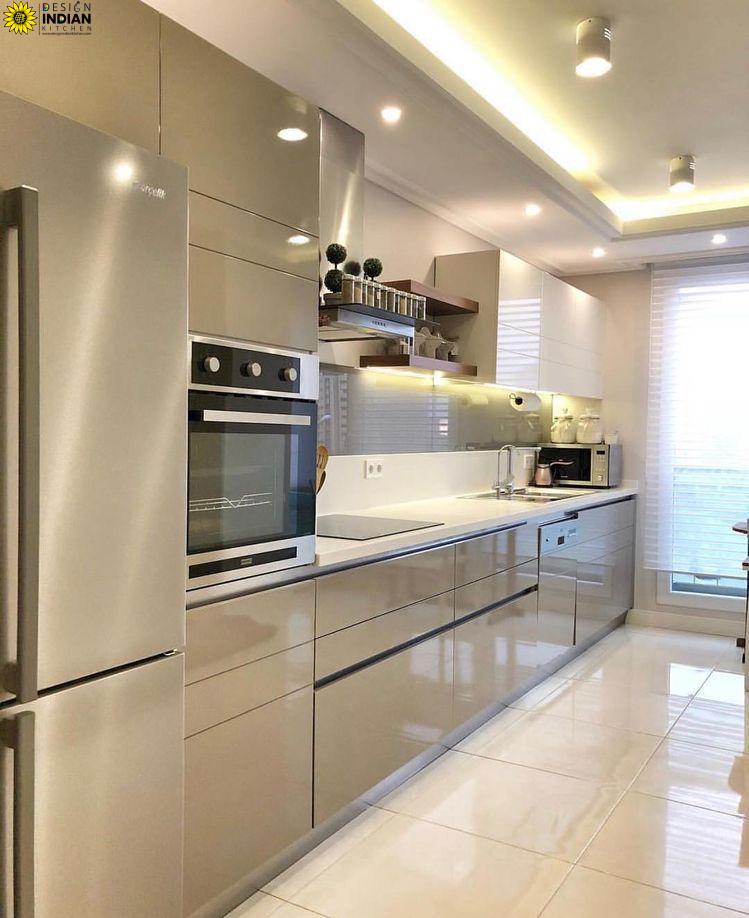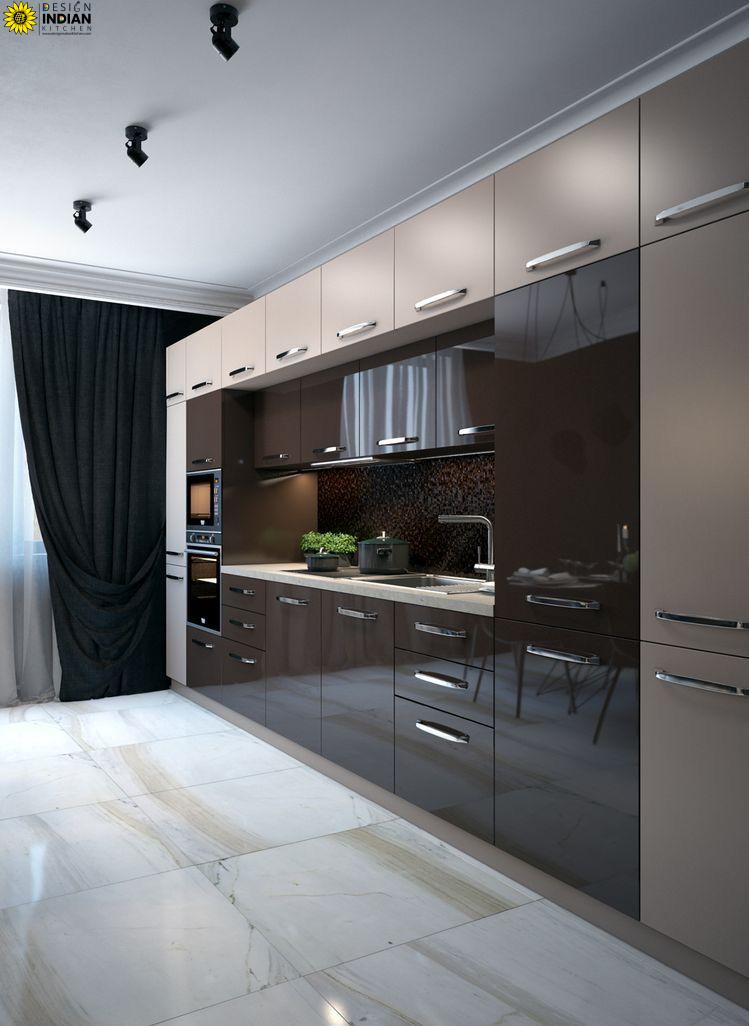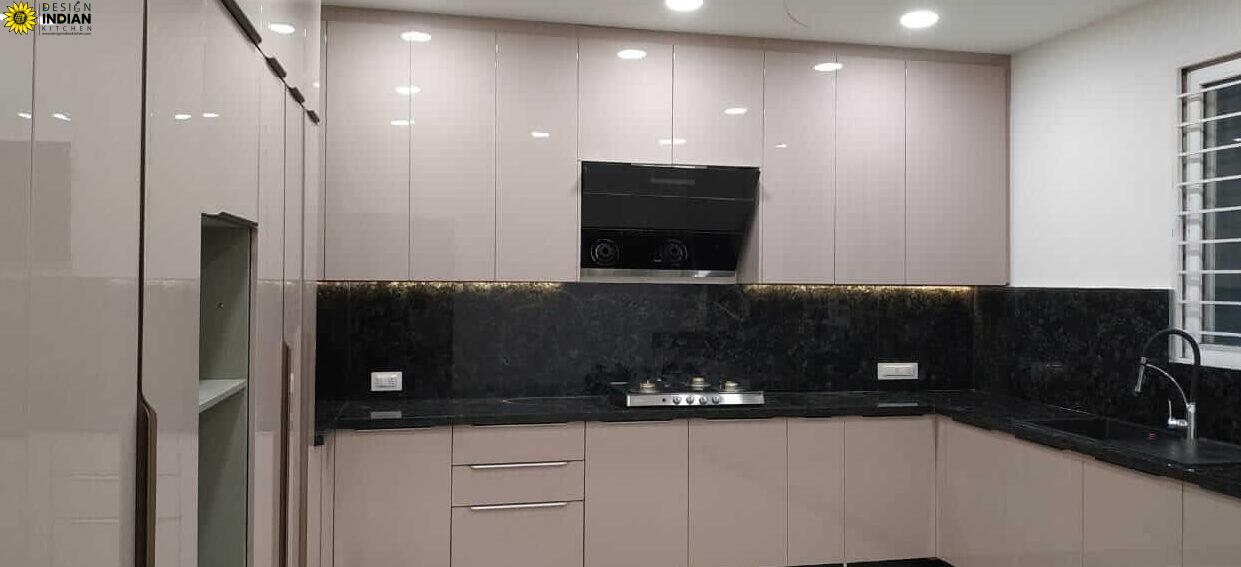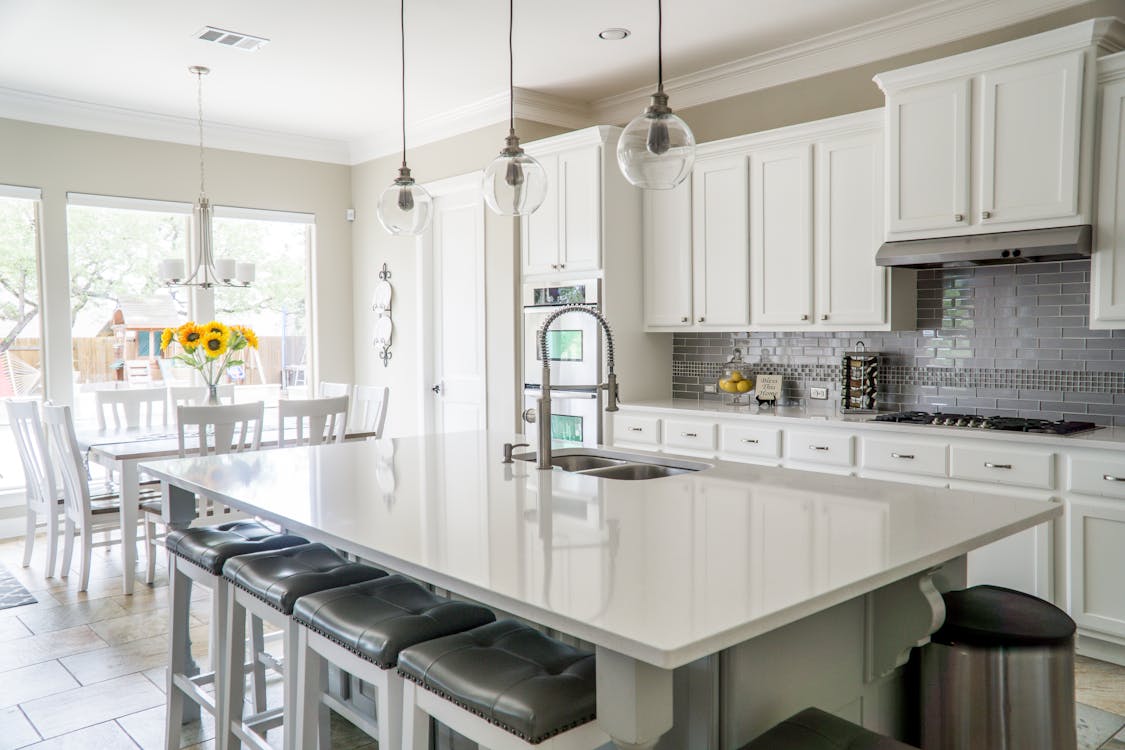In today’s fast-paced world, the kitchen is no longer just a functional space; it has become the heart of every home. With the ever-evolving kitchen design trends, two concepts that have gained significant popularity are modular kitchens and semi-modular kitchens. Both offer distinct advantages, and choosing between them can be a daunting task. In this article, we’ll explore the key differences between a modular kitchen and a semi-modular kitchen to help you make an informed decision for your home.

Introduction
The kitchen is no longer a place just for cooking; it’s a hub for socializing and entertaining. A well-designed kitchen can enhance the functionality and aesthetics of your home. Modular and semi-modular kitchens are two popular options for homeowners looking to upgrade their kitchen space. Design and Customization
Modular Kitchen: Modular kitchens are pre-fabricated units that come in standard sizes and designs. They offer a wide range of customization options, allowing you to choose from various cabinet finishes, countertop materials, and accessories. You can create a bespoke design that suits your taste and space.
Semi Modular Kitchen: Semi-modular kitchens, on the other hand, provide a middle ground between full customization and pre-fabrication. While some components like cabinets may come pre-fabricated, you have the flexibility to add or modify elements as per your requirements. Cost Considerations
Modular Kitchen: Modular kitchens are known for their high-quality materials and finishes. However, this quality often comes at a higher price point. They are a significant investment but offer long-term durability and aesthetics.
Semi Modular Kitchen: Semi-modular kitchens are generally more budget-friendly. Since they incorporate both pre-fabricated and customizable elements, they strike a balance between cost and customization.
Installation Process
Modular Kitchen: Modular kitchens are delivered as complete units and require professional installation. The installation process can be quicker and more efficient since the components are pre-fabricated.
Semi Modular Kitchen: Semi-modular kitchens may involve a more complex installation process, especially if you choose to customize various elements. It’s essential to hire skilled professionals for installation.
Durability
Modular Kitchen: Modular kitchens are known for their durability. They are constructed using top-notch materials capable of enduring the rigors of daily use, and with diligent upkeep, they can endure for many years
Semi Modular Kitchen: The durability of a semi-modular kitchen largely depends on the quality of materials used for customization. While they can be durable, it’s essential to choose materials wisely.
Maintenance
Modular Kitchen: Modular kitchens are relatively easy to maintain. The materials used are resistant to moisture, stains, and scratches. Regular cleaning and maintenance can keep them looking brand new.
Semi Modular Kitchen: Maintenance requirements for semi-modular kitchens vary depending on the materials chosen. Some custom elements may require more care and attention.
Aesthetics
Modular Kitchen: Modular kitchens offer a sleek and modern look. They are available in various styles and finishes, allowing you to achieve a polished and cohesive aesthetic.
Semi Modular Kitchen: Semi-modular kitchens can also be aesthetically pleasing, but the final look may depend on the customization choices you make. Storage Solutions
Modular Kitchen: Modular kitchens are designed to maximize storage space efficiently. They come with a range of storage solutions such as pull-out drawers, cabinets, and tall units.
Semi Modular Kitchen: The storage options in a semi-modular kitchen can be customized to your needs. However, the availability of storage solutions may vary.
Resale Value
Modular Kitchen: Homes with modular kitchens often have a higher resale value. Potential buyers appreciate the convenience and aesthetics offered by these kitchens.
Semi Modular Kitchen: While semi-modular kitchens can enhance a home’s value, they may not have the same impact on resale as fully customized modular kitchens.
Environmental Impact
Modular Kitchen: Modular kitchen design are often considered more sustainable due to their durable materials and efficient use of space. They generate less waste during installation.
Semi Modular Kitchen: The environmental impact of a semi-modular kitchen depends on the materials used and the extent of customization.

Conclusion
Choosing between a modular kitchen and a semi-modular kitchen ultimately depends on your budget, design preferences, and specific needs. Modular kitchen design offer a high level of customization but come at a higher cost, while semi-modular kitchens provide a more budget-friendly option with some customization flexibility. Consider your priorities and consult with kitchen design professionals to make the right choice for your home.

















